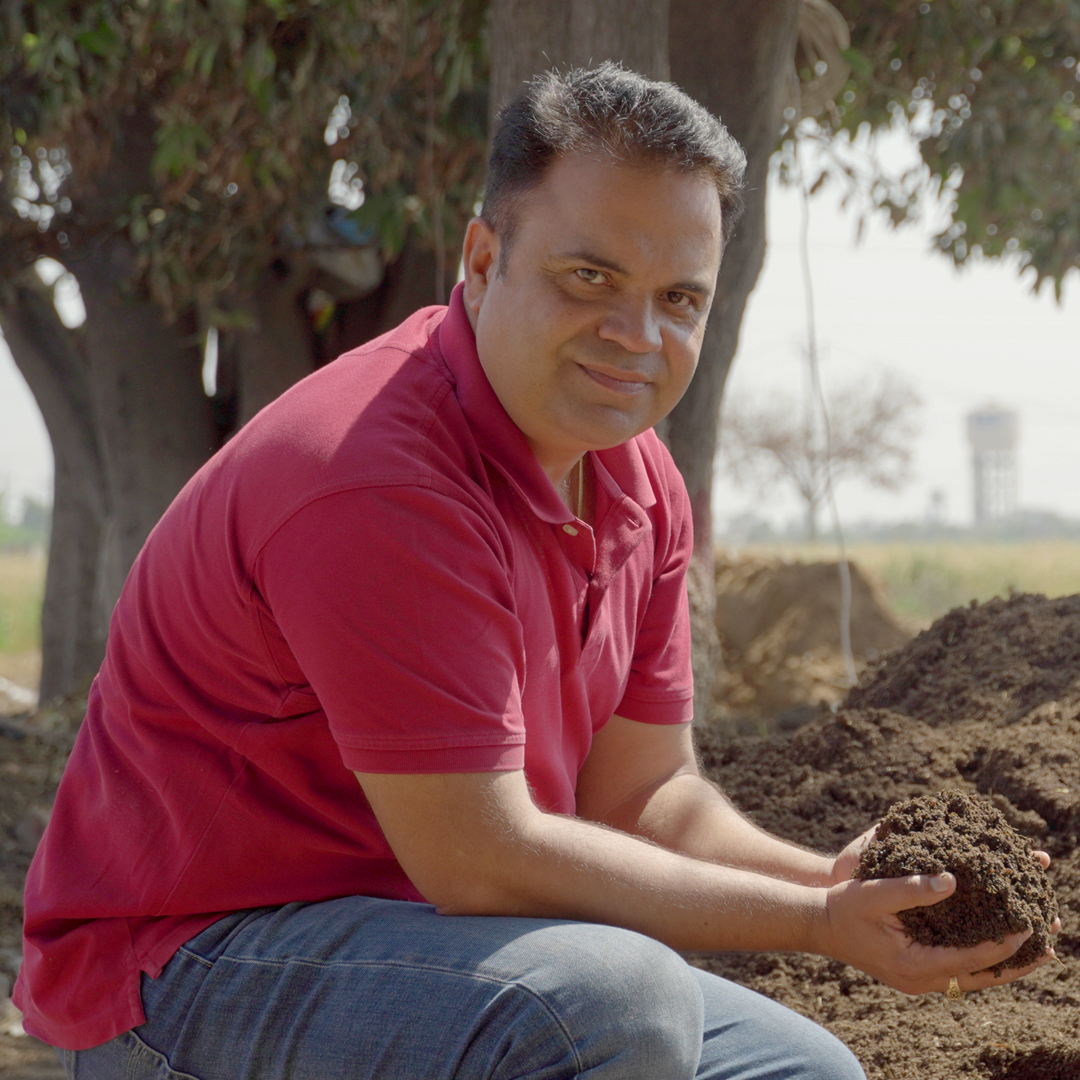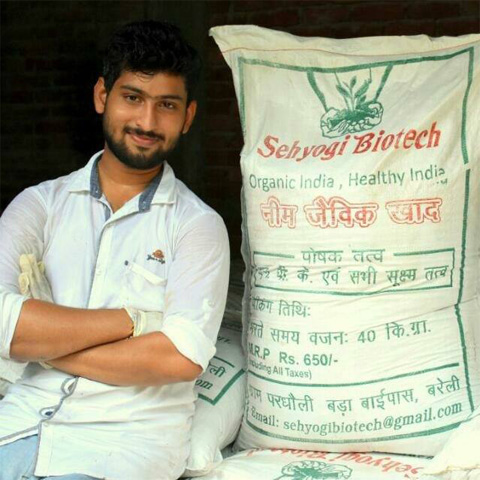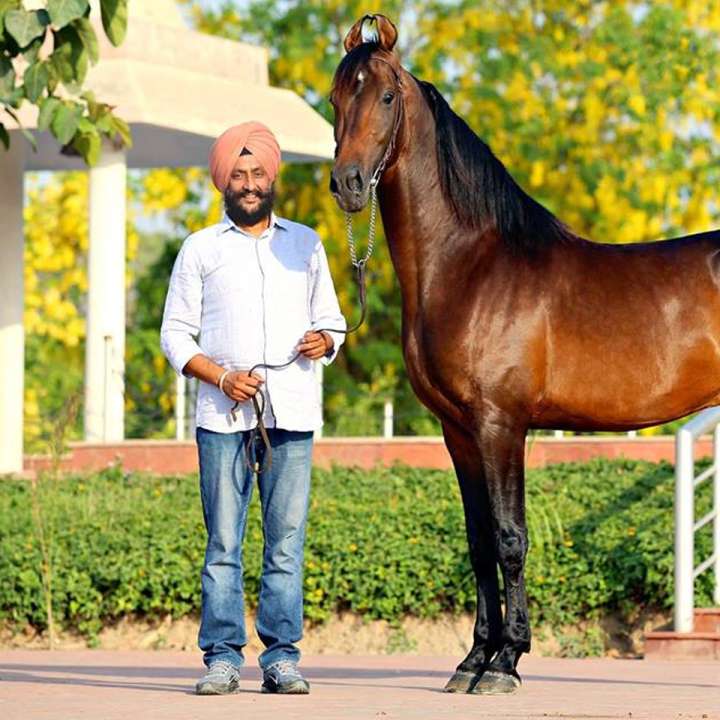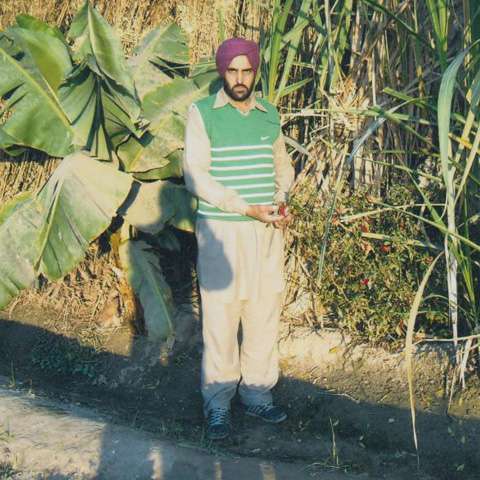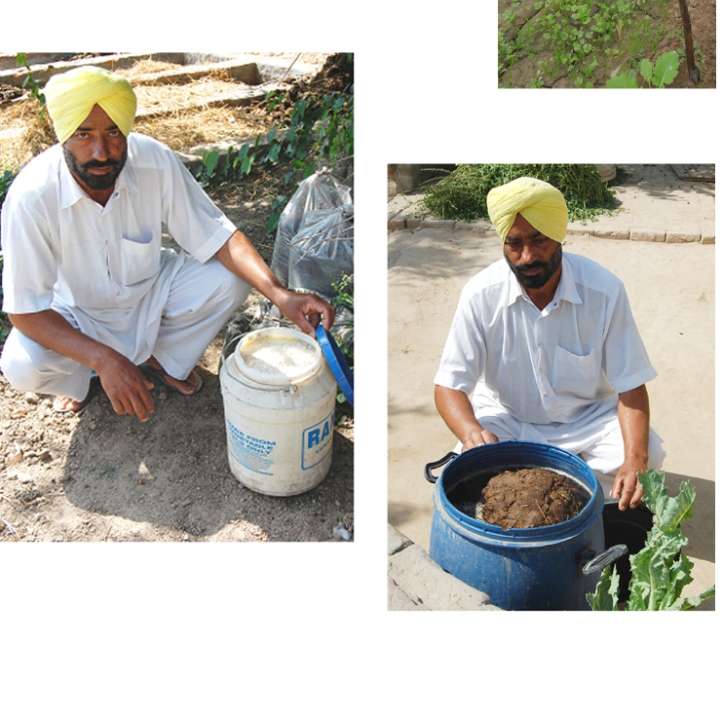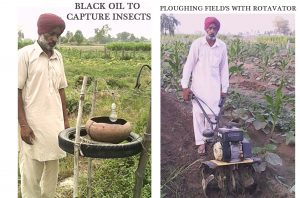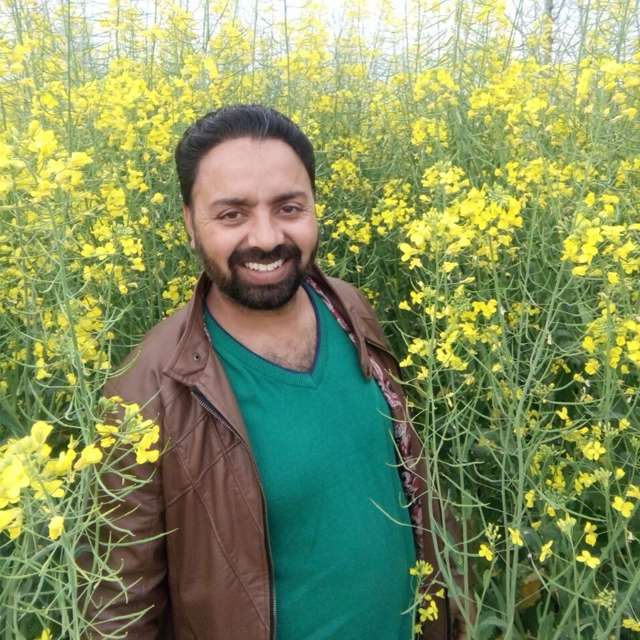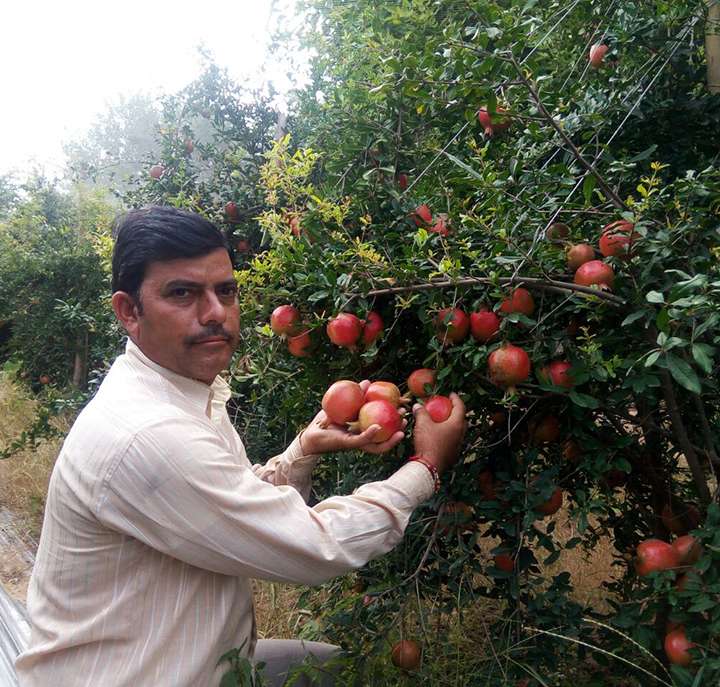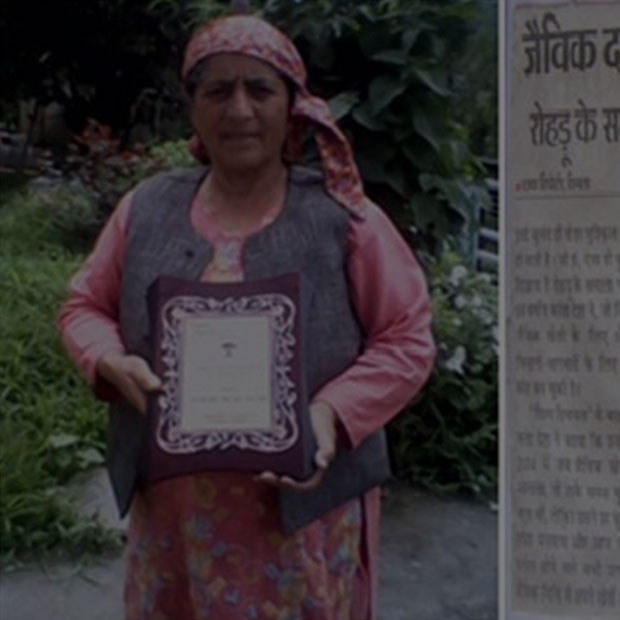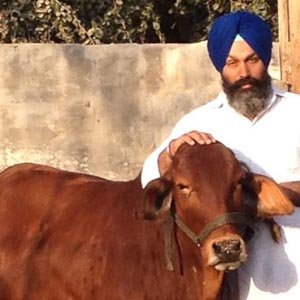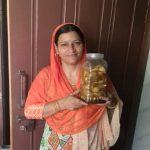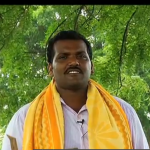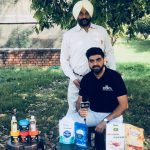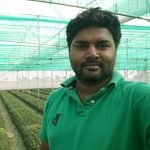A journey from Corporate to being a Composter- Gur Rajneesh
About the farmer: Gur Rajneesh holds a distinguished management degree from School of Business Studies, Punjab Agricultural University, Ludhiana. He holds a significant corporate career of 16 years in Banking & Finance and has worked for Citi Group, HDFC Bank and Axis Bank. 2019 was the year when he started conceptualizing and later after a lot of research he built up his own venture named Nature’s Aashirvaad a commercial vermicomposting unit for production of vermicompost and vermiculture.
Let’s Understand Vermicomposting: This basically means “worm-farming” where earthworms feed on the organic waste materials and give out excreta in the form of “vermicasts” that are rich in nitrates and minerals such as phosphorus, magnesium, calcium and potassium. These are used as fertilizers and enhance soil quality.
Taking the journey ahead: Gur Rajnish’s journey started when he was at the phase of building and ideating, a lot of research and analysis was ongoing from his end to build the right product and process to benefit his end user. This duration was witnessed by Covid 19 which did delay certain aspects with him but a lot of quality work was done like, website, logo designing, trademark registration, packing designs, searching the vendors for packing materials and other equipment’s. Later, during June 2020, some land was taken on lease by him and this established a vermicomposting unit with just 15 beds and from there it was no looking back. Finally in October he laid his resignation and by this time his production, packing material website was ready and the Online Digital marketing campaigns were running.
As production was very less in the first few lots, it was not advisable to target the farming sector first. The feasible option was to target the Urban gardening space, he launched a campaign to get the “Free Sample” of my vermicompost. People gave him their addresses to supply free samples and he himself went home to home to provide free samples for gardening which was loved by the people of TriCity. Eventually he started getting good orders and references for business. Post this familiarity he went ahead to launch his product on various marketplaces like (Amazon/ Flipkart/Meesho /Jiomart etc). He equally got an amazing response because his Branding and Packing was very attractive and with true genuineness.
Beyond Farming: With the focus to help soil stay in good health. We all need to know and understand that nature is the best teacher for farming, so we need to think broader and it’s high time to think about enriching our soil with pure organic feed and what better than using vermicompost. This is a mechanism to maintain a pollution-free environment and in an ecological manner. Gur Rajneesh built products which are an ideal option to achieve the goal of sustainable organic farming/gardening.” With this motive, he started having farmers to visit his plant and as more and more farmers started visiting the farm, new initiative started to be and later he termed it as “Punjab Vermicomposting Training center”.
The aim of his organization is to popularize organic farming in Punjab, generate awareness amongst city folks and farmers and help develop a market for organic foods within the country.
Punjab Vermicomposting Training center provides proper training to start a unit at farmers’s own place. He helped them to provide good quality earthworms and also helped to set up infrastructure With providing a proper training to set up vermibeds, pits from initial stage to till production.
He have regular training programs scheduled at his Mohali Farm every Saturday from 11 a.m. In addition, this is a free service for farmers and people who want to learn vermicomposting. Apart from this he provides consultancies to various Vermicomposting Units and Organic Growers.
It takes immense pleasure to share that he has trained 500+ farmers and young agripreneurs on pro-bono basis.
Currently, he has a supply to households, resorts, residential projects, residential societies, framers, nurseries and hotels.
Vision
To be a trustworthy and innovative global leader in providing genuine organic input products and solutions for organic farming in India and to become the household name in urban gardening space.
Mission
To shape the future of Indian Farmers with our comprehensive organic inputs that helps in maintaining ecological balance.
Values
- Total integrity
- Absolute commitment to quality
- Respect and devotion to Mother Nature
- No compromise on being who we are
Commitment
- To deliver genuine organic input products to our consumers.
- To introduce a unique and successful business model that is committed to service and integrity, and benefits all.
- To support natural, sustainable, organic, agriculture practices that serve and protect Mother Nature.
- To support the livelihood and well-being of farmers across rural India.
- To encourage entrepreneurship among youth.


